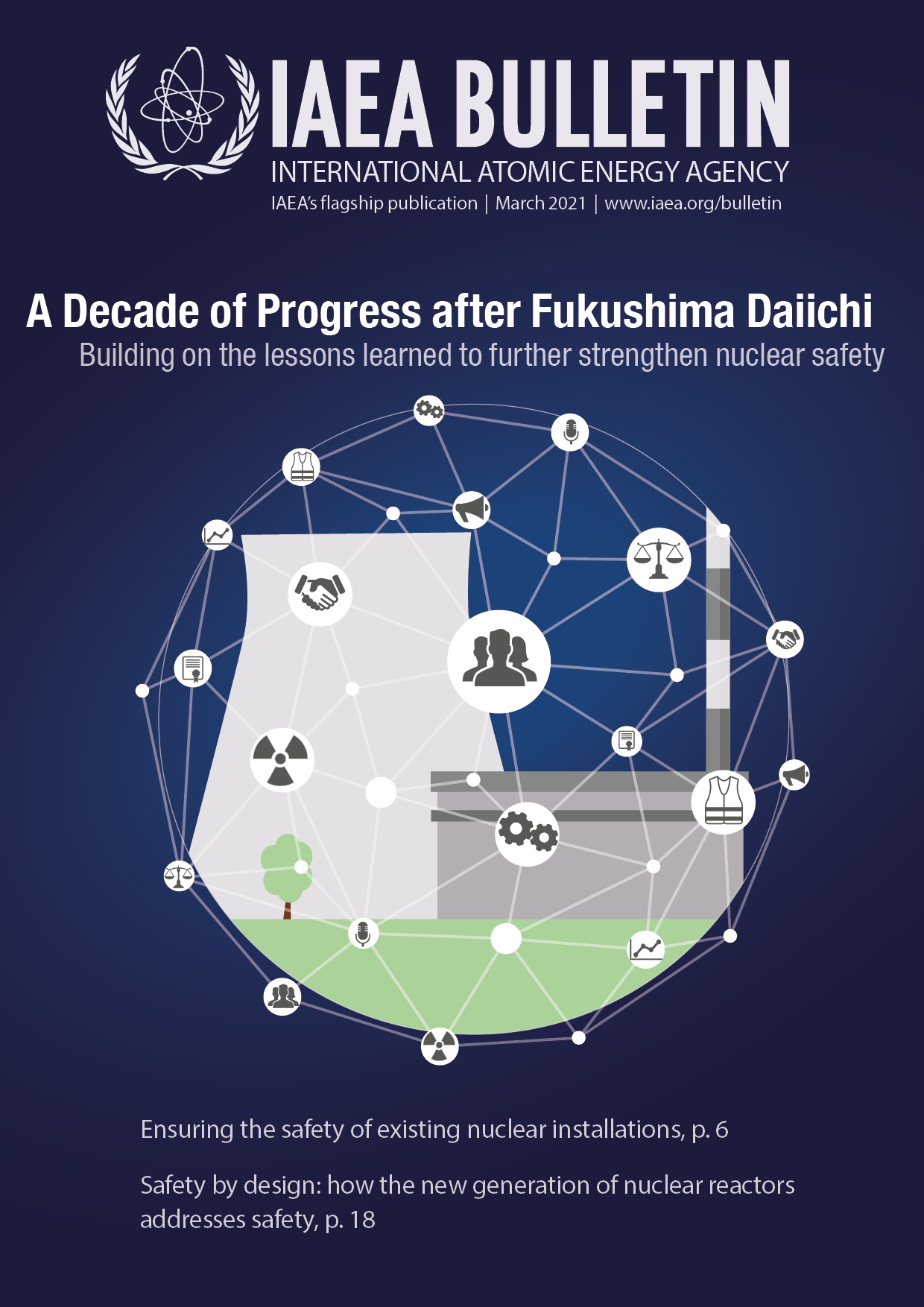Trust is hard won and easily lost. It is earned as a result of a long, day-by-day effort; it cannot be established post-haste at a time of need, and it suffers following an adverse event. The nuclear industry has dutifully taken important steps to improve the way it is perceived, including demonstrating high standards, committing to transparency, and supporting local communities.
But nuclear energy is still viewed with suspicion, despite these efforts. It is still seen by many as too complex and unnatural. In this sense, “humanizing” the nuclear industry would go a long way towards gaining public trust. Presenting the many faces responsible for powering the nuclear industry — women and men of all ethnicities, ages, religions, and political orientations — would help the public better relate to nuclear energy because people trust people who are “just like them”.
Clearly, facts by themselves are not enough for people to become comfortable with nuclear energy and radiation. It is time for the industry to better understand the emotions and motivations behind people’s negative perceptions and to incorporate the human side of nuclear energy into the conversation. Due to the disconnect between reality and the perception of many individuals, the nuclear sector has proved to be a rich source of research for social and behavioural science scholars, who have produced a significant body of knowledge.
Unfortunately, this literature has not received significant attention from the industry and most translations from research into practice have largely been serendipitous. Most education, outreach and communications efforts on nuclear-related topics use traditional approaches and do not take enough advantage of learnings in psychology, sociology and behavioral science3/. It is time for the nuclear community to utilize this knowledge to help us effectively make the case for nuclear energy in a post-Fukushima world.
We also need a consistent all-encompassing message as the range of technology options offered by the industry grows. A clear, unified voice from industry about the importance and applicability of the various technology options, both large and small, is key to ensure nuclear plays its full role in achieving decarbonization objectives and sustainable development goals. Extending the life of existing units will be indispensable for bridging the energy gap while we build the next generation of plants. Large reactors will remain the backbone of many clean energy systems, and considerable opportunities exist for the deployment of small modular reactors and advanced reactors, opening new markets and applications for nuclear energy. It is important that we, as a community, highlight the advantages of each nuclear technology option without undermining the alternatives. World Nuclear Association is hard at work establishing this constructive narrative4/ for the collective benefit of the full spectrum of technologies represented among our membership.
Nuclear energy, as well as the many applications of nuclear radiation, are simply too important to allow disinformation and fear to win the day. Beyond the significant contributions of nuclear power to decarbonization, clean air and economic development, the myriad of applications of radiation in, for example, medicine, agriculture, industry and space exploration may be in jeopardy if we fail to gain the trust of the public and decision makers. It is imperative that the nuclear community speaks with one voice and takes advantage of the learnings of modern social and behavioural sciences to effectively communicate the benefits of nuclear technology. It is our responsibility to ensure that future generations enjoy the option to choose nuclear energy if they so desire.
__________
1/ Nuclear Power in a Clean Energy System — Analysis — IAEA
2/ Building a stronger tomorrow - Nuclear power in the post-pandemic world — World Nuclear Association (world-nuclear.org)
3/ Upcoming Special Issue of Nuclear Technology Journal on nuclear energy and social science
4/ The need for large and small nuclear, today and tomorrow - World Nuclear Association (world-nuclear.org

